In the animal kingdom, memory can play a crucial role in survival. Some animals have incredible memory capabilities that help them find food, recognize predators, or remember social relationships. However, other animals have surprisingly short memory spans. This article will dive into the animals known for having the shortest memory spans, listing them from the shortest to the longest, and exploring how this impacts their behavior and survival.
The goldfish has long been the poster child for poor memory, though modern studies suggest that their memory span might be slightly longer than the infamous "3 seconds." Nevertheless, it’s widely accepted that goldfish have one of the shortest memory spans in the animal world. This short memory doesn’t hinder their ability to survive, though. In captivity, goldfish can be trained to associate certain behaviors with food, but they tend to forget non-essential information almost instantly.
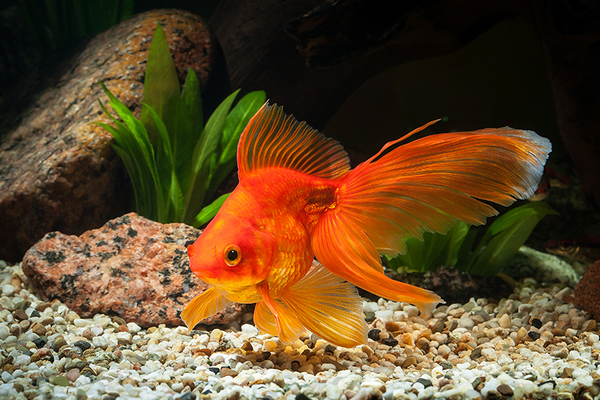
Bees are incredibly efficient workers, but their memory lasts just about 2.5 minutes. This short-term memory is often adequate for remembering the location of flowers while foraging but not much else. Once their task is complete, they typically forget the exact location or specific details of their previous visit. Interestingly, bees have some long-term memory when it comes to learning from experiences, but most day-to-day activities rely on their very short memory span.
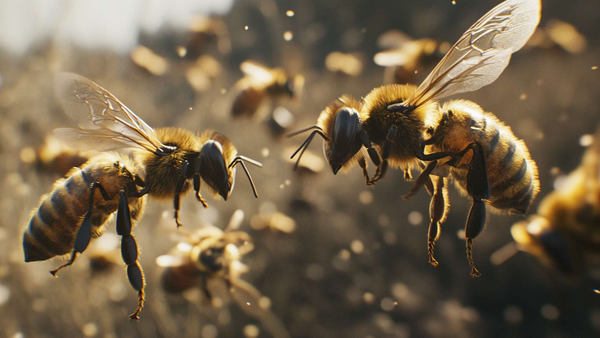
Chickens have relatively poor short-term memory, with a span of about 10 minutes. They can recall basic information for a short time, such as where they last found food or a safe hiding spot, but after a few minutes, they tend to forget. Despite their short memory, chickens are social animals and can recognize familiar faces, but their memory quickly resets when it comes to most daily tasks.
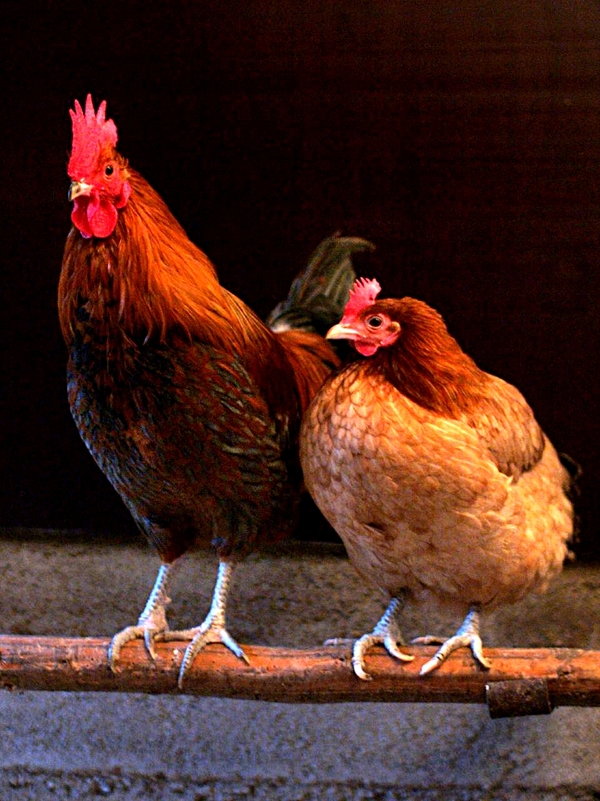
Mice may have sharp senses and quick reflexes, but their memory spans are limited. A mouse can remember an event or stimulus for about 1 hour before it fades away. This short memory helps them in scenarios where they need to quickly escape predators or find food in the wild. However, mice are known to have good spatial memory when it comes to navigating mazes or familiar spaces, balancing their overall memory capacity.
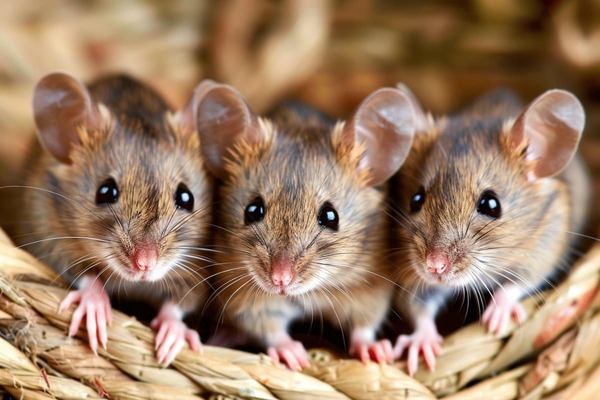
Though dogs are known for their loyalty and affection, their short-term memory span lasts between 2 to 5 minutes. If you hide a treat from a dog and they can’t find it within this time frame, they are likely to forget it even exists. Despite this, dogs have impressive long-term memory for recognizing their owners, learning commands, and recalling familiar environments. It’s their emotional and long-term memory that enables them to form strong bonds with humans.

Rats, like mice, have limited short-term memory that spans 30 minutes to 1 hour. Despite this, they possess excellent problem-solving skills and spatial memory. Rats are used in psychological studies for their ability to remember complex mazes and repeated tasks over longer periods, showing that they compensate for short-term memory lapses with efficient learning and problem-solving abilities.
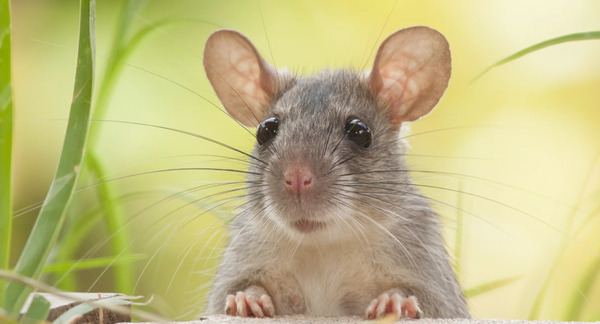
While Elephants-Are-Endangered.html">elephants are famous for their incredible long-term memory—being able to recall locations and herd members for decades—they actually have relatively short short-term memory. Elephants are capable of retaining non-significant information for only about 24 hours. However, when it comes to important survival-related details, such as water holes or dangerous predators, elephants are capable of storing this information for years.
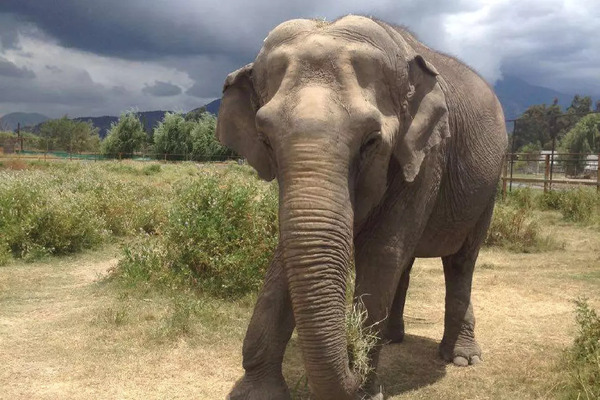
Animals with shorter memory spans have evolved to prioritize the information that is most critical for their survival. Goldfish, bees, and chickens might not need long-term memory to thrive in their environments. In contrast, creatures like elephants and rats, while having short-term memory, compensate with strong long-term memory systems that support more complex survival strategies.
Memory spans in animals vary widely depending on the species and their environment. Goldfish and bees are at the lower end with memory spans of a few seconds or minutes, while more complex animals like mice and elephants use short-term memory differently to navigate their environments. Whether it’s a goldfish’s 3-second memory or an elephant’s 24-hour short-term recall, each animal’s memory plays a critical role in its behavior, survival, and interactions in the natural world.
animal tags: Elephants
We created this article in conjunction with AI technology, then made sure it was fact-checked and edited by a Animals Top editor.